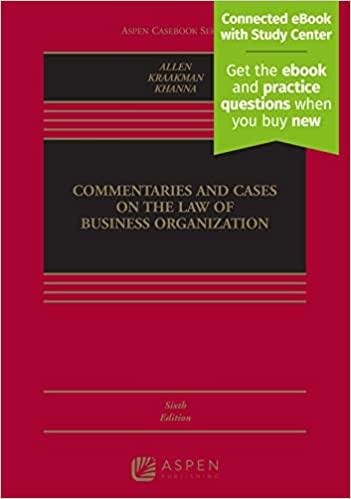Question
Rita is married to Henry, who is the CEO of a big corporation. They have been married for thirty years and have two children, now
Rita is married to Henry, who is the CEO of a big corporation. They have been married for thirty years and have two children, now adults. Rita resigned from her teaching job to raise their first child and has not returned to work since. She has performed the vast majority of housework and childcare in the early years of the children's lives. As Henry's career started to take off, Rita also took on the role of the "corporate wife," throwing parties that helped Henry make new contacts as well as flying around the country and abroad with him to support him in the social aspects of his business activities. She also took on a number of philanthropic activities that augmented the couple's good standing and reputation with the community. Henry's net worth, which constitutes the bulk of the marital estate, is calculated to be $110 million dollars. Rita and Henry have filed for a divorce and are negotiating a settlement agreement. During the negotiations, Henry offers Rita ten million dollars, arguing that his net worth is the result of his extraordinary capacities and efforts in the marketplace. Given what you now know about equitable distribution of marital property, how is a court likely to evaluate the parties' relevant contributions to the accumulation of the marital estate? How would this impact what you might advise Rita to Henry's offer?
Step by Step Solution
There are 3 Steps involved in it
Step: 1

Get Instant Access to Expert-Tailored Solutions
See step-by-step solutions with expert insights and AI powered tools for academic success
Step: 2

Step: 3

Ace Your Homework with AI
Get the answers you need in no time with our AI-driven, step-by-step assistance
Get Started


